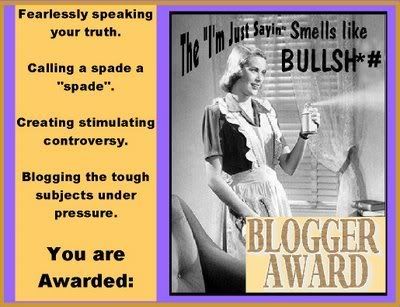Me: I worked as a waiter for a while.
Someone else: Don't you mean waitress?
No, actually, I do mean waiter. I also mean actor, not actress, when I talk about the merits (or demerits) of Rachel McAdams or Merill Streep. And I'll be damned if I'm going to bother with "he/she" in any kind of paper or essay when "he" suffices quite brilliantly.
There's a small feminist voice in the corner of the room now raving and stamping her feet. She's going on about patriarchal language and how it's keeping the WOman down. By using the masculine form of a word to mean either sex, I'm valuing the masculine over the feminine. I'm not only playing into the oppression inherent in the system, I am making it worse. How can I call myself a forward thinking woman and make such linguistic choices.
I'll tell you.
The way I see it, using the masculine version of a term is actually a kind of linguistic castration. Using "waiter" to mean both men and women who wait tables makes the term a-sexual. Once that is done, there still exists a term for a woman, but no separate term for a man. It basically cuts off man's linguistic phallus and renders him without sex. Eat that Sigmund Freud!
Moreover, because there still exists a feminine term once we de-sexualize the masculine term, we solve the problem of woman being defined by what she doesn't have. Suddenly woman is not that-which-lacks-a-penis, she has her own term and her own section of language that man is not privilege to.
And that's all I have to say about that.



